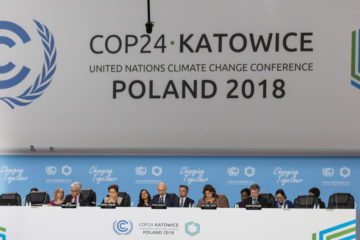
Our other services in
diagnostics and evaluation
Evaluation of public policies
The purpose of evaluating public policies is to assess the value and impacts of these policies based on a set of criteria, with a view to improving them and clarifying decision-making. The evaluation of public policies is a fundamental process to aid decision-making in the improvement of the effectiveness – understood as the relationship between the means and expected results – of public policy. This step is all the more important in the context of the budgetary constraints to which public policy is now subject.
In general, the economic mechanisms in which public policies attempt to intervene are often complex. In the work of the public authorities, there are several policies that can be envisaged to achieve the same objective, the mechanisms of which may have undesirable and unexpected collateral effects. The aim of the evaluation is therefore to enable an understanding of the mechanisms on which public policy wishes to act and to identify the most effective interventions in the light of the desired objectives. The evaluation can inform public debate on the main trade-offs at stake and thus facilitate decision-making.
Within the impact assessment, a distinction is generally made between evaluation prior to (ex ante) or after (ex post) public intervention. Ex ante evaluation is carried out prior to the introduction of a policy and consists of analysing its potential effects. Ex post evaluation aims to measure its actual impact after it has taken effect. In both cases, public policies are examined based on a set of evaluation criteria including the concept of effectiveness by comparing the costs and expected benefits.
To do this, the ICEDD uses different methodologies that are based on statistical data analysis methods. These methods vary in complexity depending on the actions to be evaluated and whether it is an ex ante or ex post evaluation. Multi-criteria analysis, the consultation of stakeholders, the development of scenarios and their quantifications are in particular part of our tool kit for the evaluation of public policies.






